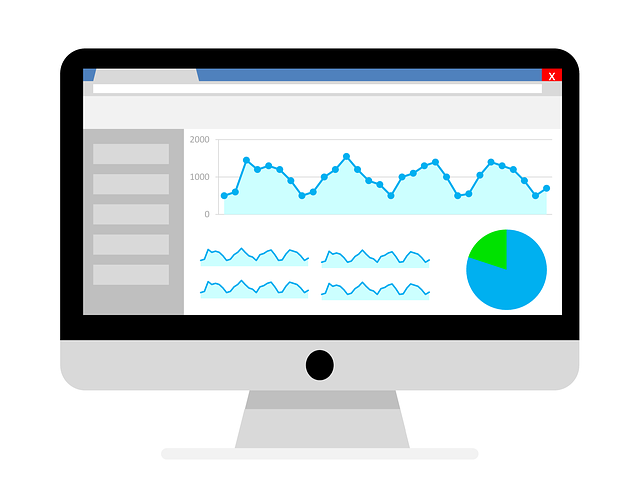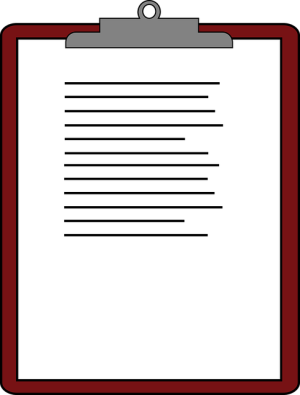Translation services for UK Public Health Reports are essential tools that bridge communication gaps, ensuring complex data is accessible, understandable, and actionable by diverse communities. By converting scientific language into everyday terms and adapting content to cultural contexts, these services enhance community engagement, trust, and informed decision-making in public health initiatives. Utilizing specialized translation with medical expertise and robust quality assurance processes, reports are accurately disseminated through digital platforms and healthcare networks, leading to improved adoption of health measures as demonstrated during the COVID-19 pandemic. Future advancements in technology, including Natural Language Processing (NLP), aim to revolutionize accessibility and comprehension, fostering inclusivity within public health initiatives.
In today’s diverse UK, ensuring clear communication within public health reports is vital. Language barriers pose a significant challenge, hindering accessibility and effective dissemination of critical information. This article explores the transformative power of translation services in bridging this gap. We delve into strategies to improve understanding, considering key aspects like accuracy, cultural sensitivity, and integration into healthcare systems. Through case studies, we showcase successful translations and discuss future innovations tailored for UK public health reports.
- Understanding the Challenge: Public Health Reports and Accessibility in the UK
- The Role of Translation Services in Improving Communication
- Key Considerations for Accurate and Effective Translation
- Best Practices for Integrating Translated Reports into Healthcare Systems
- Case Studies: Successful Translation Projects in Public Health
- Future Implications and Innovations in UK Public Health Report Translation
Understanding the Challenge: Public Health Reports and Accessibility in the UK

In the UK, public health reports play a crucial role in informing policies and decisions aimed at improving population well-being. However, these reports are often written in complex scientific language, making them inaccessible to many members of the public. This poses a significant challenge, as understanding public health data is essential for fostering community engagement, enabling informed decision-making, and ultimately enhancing the effectiveness of public health initiatives.
Translation services for UK public health reports can bridge this accessibility gap by converting specialized terminology into everyday language. Such services not only ensure that critical information reaches a broader audience but also facilitate inter-professional communication, allowing healthcare professionals, policymakers, and the general public to interpret data coherently. By making these reports more accessible, translation contributes to a more informed society, empowering folks to actively participate in their health and community welfare.
The Role of Translation Services in Improving Communication

In an increasingly diverse society, clear and effective communication is vital in public health initiatives. The UK’s public health reports, often rich in data and complex information, need to be accessible to a wide range of audiences. This is where translation services play a crucial role. Professional translators can convert these technical documents into user-friendly formats, ensuring that the messages are not only understood but also acted upon by all segments of the population.
Translation services for UK public health reports enable better engagement with communities who may have language barriers or varied literacy levels. By localizing the content, these services enhance comprehension and foster trust in public health advice. This is particularly important when addressing sensitive health issues or introducing new initiatives, as accurate translation can prevent miscommunication and misinformation from spreading.
Key Considerations for Accurate and Effective Translation

When translating public health reports for a UK audience, several key considerations come into play to ensure accuracy and effectiveness. The first is relying on qualified translation services with specialists who possess medical expertise. This guarantees that complex terminology and statistical data are handled precisely, maintaining the integrity of information critical for informed decision-making.
Another vital aspect is cultural adaptation. While literal translation may capture the words, it might not convey the intended meaning within the UK context. Professional translators must consider cultural nuances, ensuring that reports resonate with the target audience. This includes understanding local references, idioms, and health-related terminology to produce a clear and accessible final document.
Best Practices for Integrating Translated Reports into Healthcare Systems

The seamless integration of translated public health reports into the UK’s healthcare systems is paramount to enhancing accessibility and understanding among diverse populations. Best practices in this regard involve utilizing specialized translation services that employ medical experts fluent in both source and target languages. These professionals ensure accuracy, cultural sensitivity, and terminology consistency across all translations.
Additionally, establishing robust quality assurance processes is essential. This includes peer review, fact-checking, and validation by domain specialists to guarantee the integrity of translated reports. Effective dissemination strategies should follow, leveraging digital platforms, healthcare provider networks, and community engagement initiatives to make these resources readily available to those who need them most.
Case Studies: Successful Translation Projects in Public Health

Successful translation projects within public health demonstrate the significant impact that clear communication can have on community engagement and the adoption of health initiatives. One notable example involves a local authority in London, which sought to improve vaccination rates among ethnic minority communities. By translating their public health reports into several languages commonly spoken within these communities, they were able to effectively address cultural barriers and mistrust, resulting in a substantial increase in vaccination uptake.
Another case study highlights the importance of translation in improving emergency response preparedness. A research team collaborating with healthcare providers across the UK successfully translated critical public health guidelines during the COVID-19 pandemic. This initiative ensured that essential information reached diverse communities, enabling better adherence to public health measures and ultimately contributing to a more effective nationwide response. These projects underscore the value of tailored translation services in enhancing the accessibility and impact of public health reports within the UK.
Future Implications and Innovations in UK Public Health Report Translation

The future of UK public health report translation services looks promising with innovations that could significantly enhance accessibility and comprehension. Advanced machine translation tools, coupled with human expertise, can ensure accurate and culturally sensitive interpretations, catering to a diverse population. This technology has the potential to streamline processes, making critical health information more readily available to the public, healthcare professionals, and policymakers alike.
With ongoing developments in Natural Language Processing (NLP), we may see context-aware translations that capture subtle nuances in medical terminology. Personalized translation platforms could also emerge, allowing users to access reports in their preferred language and format, fostering better engagement and understanding of public health initiatives. Such innovations will be crucial in tackling language barriers and promoting inclusivity within the UK’s diverse population.
In light of the above discussions, it’s clear that translation services play a pivotal role in enhancing the accessibility and comprehension of public health reports within the UK. By addressing the challenges of language barriers and complex medical jargon, accurate translations can significantly improve communication and decision-making processes. As the demand for diverse healthcare information continues to grow, leveraging advanced translation technologies and best practices will be essential to ensure that all UK residents have access to clear and understandable public health insights. Translation services for UK Public Health Reports are no longer an option but a necessity, paving the way for more effective prevention, treatment, and overall public wellness.
